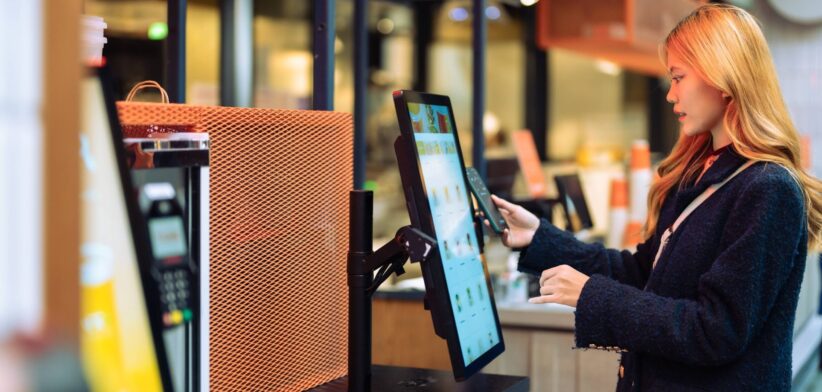Growing acceptance of technology in a person’s every-day life hits a speedbump at the shopfront, according to new Queensland research.
A team from QUT, found that while many Australians were embracing new technologies, in general, they were less willing to accept them from organisations, despite a growing appetite for convenience via automation.
Dr Nadine Ostern, from the Brisbane university’s Centre for Future Enterprise, said consumers generally trusted retail technology, but remained hesitant to swiftly adopt new advancements, largely due to concerns over security and privacy and the loss of human interaction.
Dr Ostern said the findings from their survey suggested trust issues revolving around technical and social aspects of retail technology, including interactive shopping tools, biometric authentication and automated delivery, were significant barriers to uptake, but such concerns could be overcome by greater transparency and clearer communication.
She said the research aimed to provide critical data points for retail, business, and industry stakeholders to alleviate customer fears and bridge the technology gap.
“2024 has been named the ‘Year of AI’, marking a significant shift for individuals, organisations, and society as a whole,” Dr Ostern said.
“What was once considered futuristic is now becoming a reality. People are moving from merely being curious about sophisticated technologies, such as generative AI, to integrating them into their everyday lives.
“But when offered by organisations, especially retailers, this openness often comes to a halt.”
Dr Ostern said, for retailers, digital transformation and technology adoption, which included more than just AI, wasn’t just about their own growth, it was about effectively transitioning their customers to trusting the new tech.
“We found that customers are both excited about AI and at the same time fear losing human connection. It will be important for retailers to strike the right balance when offering retail technology and automation to their customers.
“Retailers must also understand both the intended and unintended consequences of tech usage to address customers’ trust concerns effectively.”
The research team has produced a white paper Trust Trend Report: Consumer Perceptions of Retail Technology in Australia 2024 on the study, which is downloadable via QUT ePrints.








